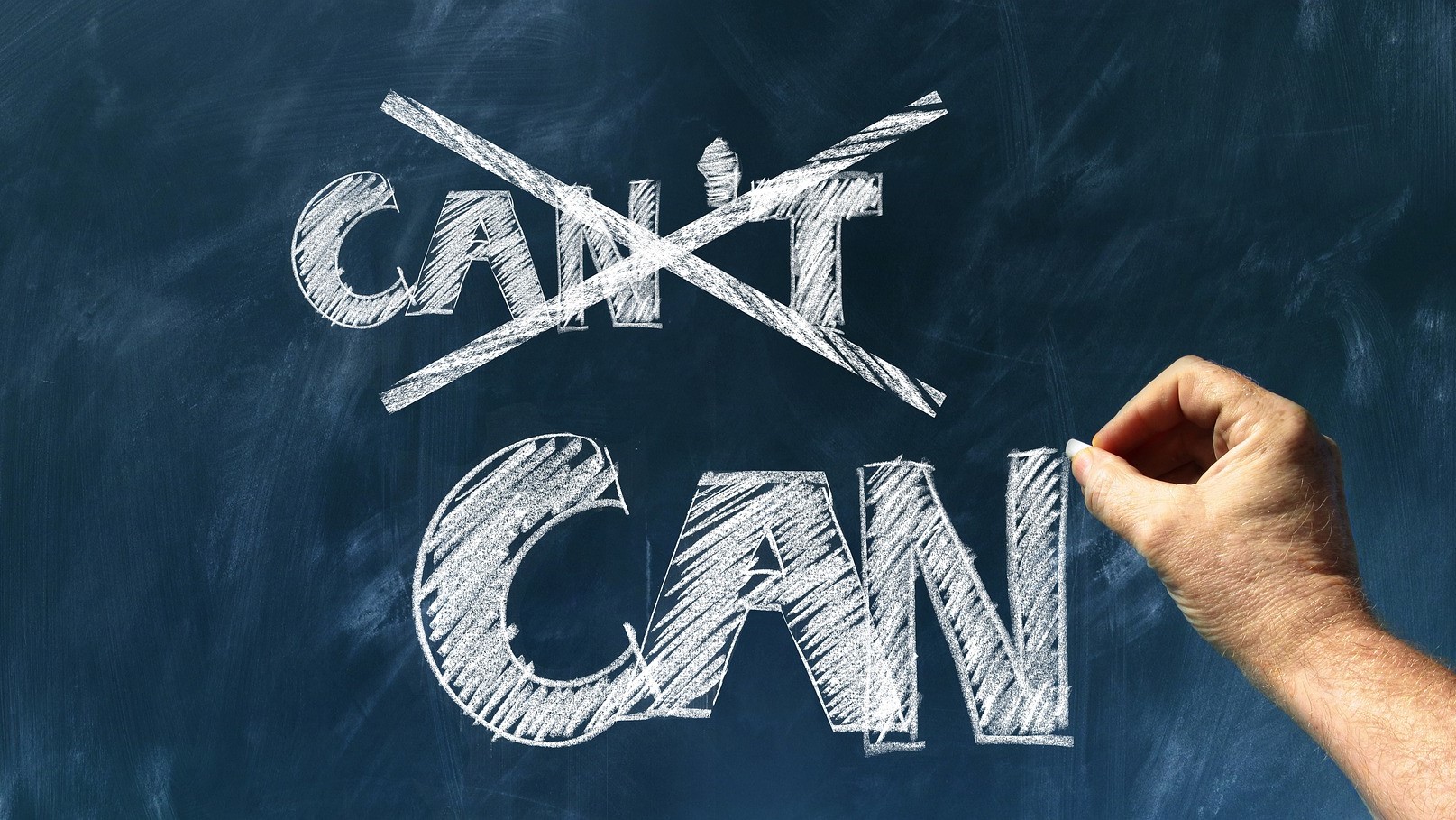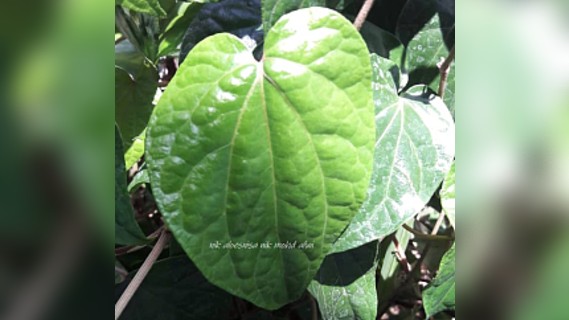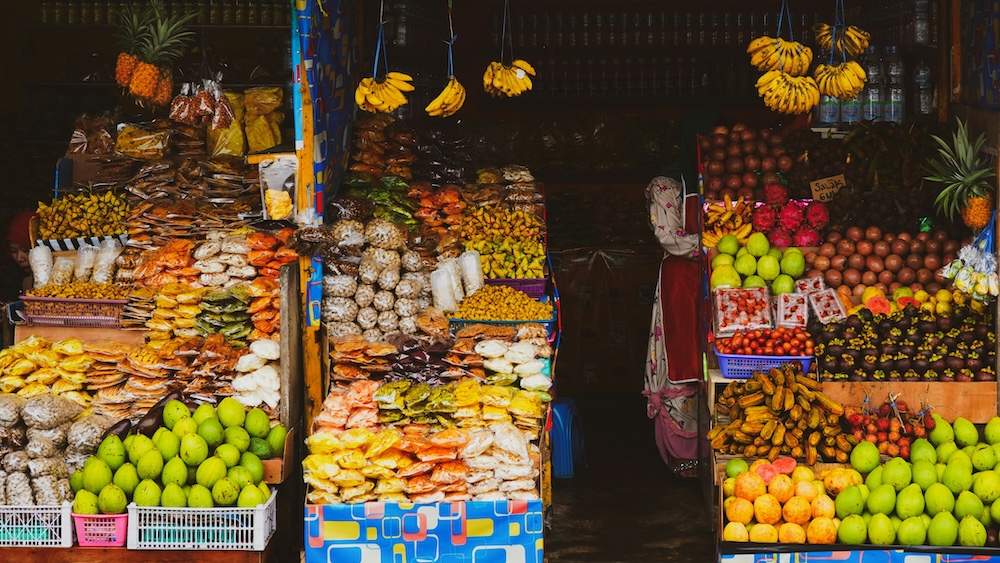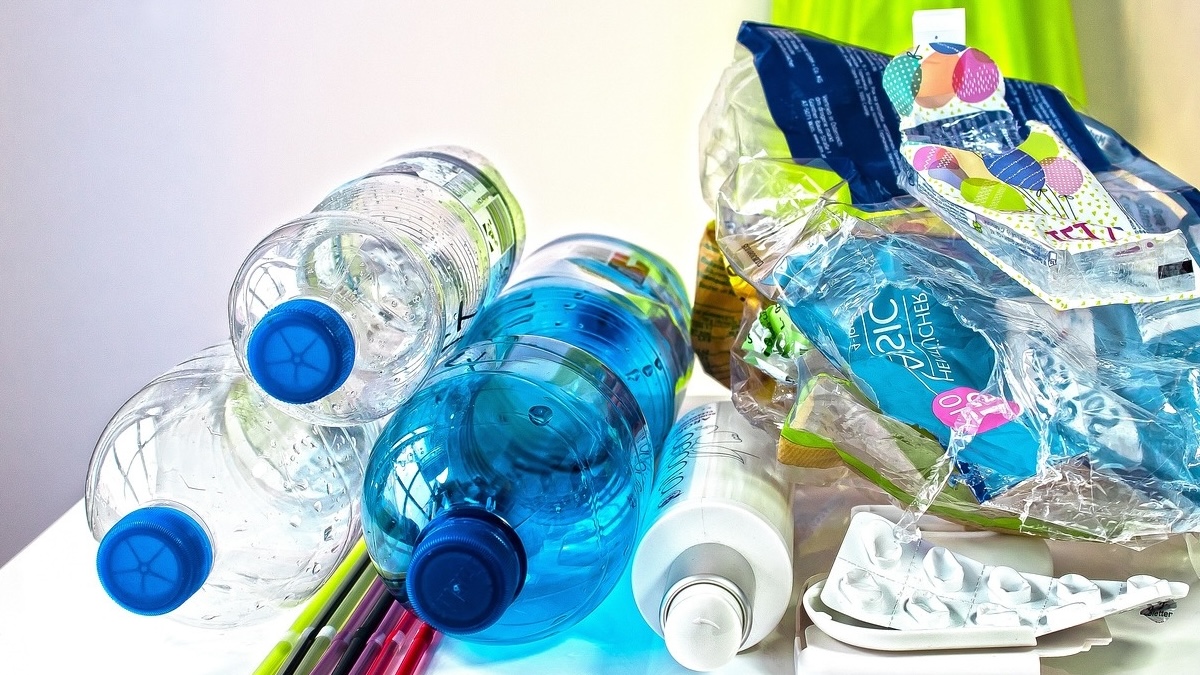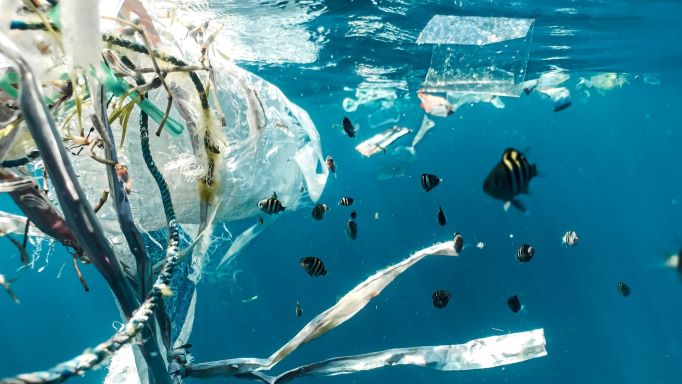Having a cat at home brings lots of joy and peace to our lives. This baby fur is a wonderful creation of God (Allah). According to several studies, children with autism and self-esteem problems, as well as people with heart issues, anxiety, stress, and suffering from depression had shown gradual improvement after living with a cat.
Perhaps because of this, techniques such as cat therapy are gaining popularity in the field of emotional health. Although there is no scientific proof, this technique is a complementary therapy in improving a patient’s motor skills and emotional well-being.
As cat parents, we always want the best for these little angels – to protect and love them for the lifetime and ensure they are in good health and happiness. Most of us are willing to spend a huge amount of money in providing premium foods, milk, accessories, regular checkups with the vet, and even up to the extent of getting cat insurance!
But one thing that many of us often forget is the litter type! Some even take this for granted, as it is seen only as external use. The type of litter material plays a vital role in determining the health of your cat. As cat parents, make sure you choose the purrfect litter material for your baby fur and always keep the litter box clean.

Do kitten and adult cat use the same type of litter material?
If you have had other cats at home, it is most likely you use the same litter for all your cats. But the right answer is NO. You should not use the same type of litter material for the kitten.
Why? The answer is simple. Kittens have similar behavior as human baby - believe me. They are always curious to try everything they see, touch, and feel. Kittens are also super playful, and they may jump in the litter box, roll around, play with the litter, and even eat the clumps. This behavior decreases as the kitten ages.
Biologically, young kittens have a smaller intestines diameter than an adult cat. When it comes to choosing the best cat litter for kittens, safety is our number one priority. Most cat experts recommend avoiding clumping litter materials such as clay-based and silica for kittens younger than four months of age. These materials are not safe to ingest and could cause gastrointestinal (disease related to stomach, intestines, and the accessory organs of digestion) upset.
To overcome these issues, some cat parents have opted for plant-based litter such as wheat. However, some studies showed that this material could also harm your baby fur, as these little feline buddies are pretty sensitive. Exposing them to the wheat dust could develop litter dust allergies and asthma.

What happens when your baby fur licks clumping litter?
Bentonite is a type of clay that can absorb a massive amount of water continuously - it is also known as “water monster”. For many years it has been used as clumping cat litter due to its ability to absorb refuse by forming clumps (which can be easily removed) leaving the remaining product intact for further use. This material is also considered a cheap litter.
The main problem with bentonite clay is that it tends to stick on the soft fur, particularly on their tails and little paws. Although bentonite clay is claimed to be inert (do not react with biological systems) and safe if ingested in a small amount, some studies have shown that ingesting this material had caused death in kittens. Besides clay as the main component in bentonite, there are also some trace elements such as crystalline silica, which can be dangerous if inhaled by you and your cats. The same goes for quartz silica litter. It looks appealing! Basically, it is similar to those “Do Not Eat” silica preservative packets that you may have seen in many packaging applications (such as handbags, shoes, or even foods). This material is superb in keeping away the moisture from spoiling the products. However, it could cause respiratory illness and cancer if inhaled.

As mentioned earlier, bentonite clay is a “water monster”. If your baby fur accidentally ingests this litter during grooming (their regular activity besides sleeping), it could cause blockage in the intestines in long term. This water monster will keep absorbing the fluid in the body and forms a lump. Male kittens and cats are at higher risks as their intestines are much smaller compared to females. Bentonite toxicosis (abnormal condition due to the action of bentonite) is suggested by the coexistence of hypokalemia hypochromic anemia (where hypokalemia referred to a condition of having a low level of potassium in the blood serum and hypochromic anemia is when the red blood cells are paler than normal). As a result, your cat will be inactive and will develop muscle weakness. It is heartbreaking to expose this little angel to risk without knowing the hidden killer in conventional cat litter. In the worst-case scenario, your cats will have to undergo surgery to free the blockage, but their lives will be in danger if you notice the symptoms a bit too late.
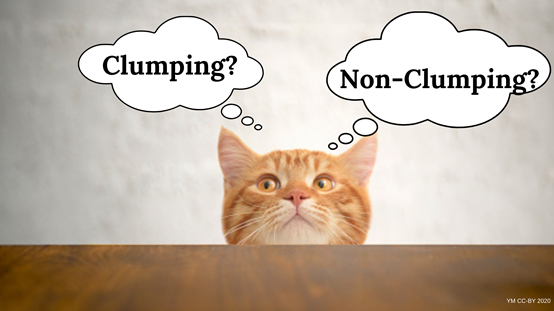
Alternatively, there are various non-clumping litter materials that have been developed for our cute furry buddies. Even better, many of these litters are made from plant-based materials such as pine, coconut, and walnut. The best non-clumping litters particularly for kittens should be safe for tiny felines, incredibly absorbent, sufficiently light for small paws to dig, hard enough for them to bite, smooth surface so as not to hurt their tender paws, and easy to clean up as well as dust-free for you and your cats.
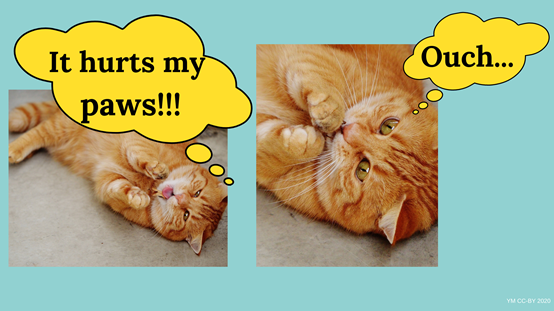
So now cat parents, which litter material is your choice?
Every litter material has its own pros and cons. The choice is also dependent on the age of your baby fur. Most cat experts suggest litter for kittens should be non-toxic, with no harsh chemicals or fragrances.
Paper litter is the best for both kitten and adult cat as it is super soft for the paws. Pine and wood-based litter can be eco-friendly but might produce some wood dust. If you are concern about odor control, charcoal is the best option. It is sustainable and activated charcoal has the ability to fight odor. However, it tends to form clumps when soaked in urine - can be used for the adult cat but not the young ones. Coconut cat litter is the most expensive among plant-based cat litter; it is produced from 100% coconut shells, biodegradable, and suitable for kittens. But, not only costly, coconut litter could also attract insects or spiders. Food-based cat litter using soy and corn are the next famous choices for cat parents. They are naturally free from silica dust. No more worries of inhaling harmful dust from these litters. For these reasons, some cat experts recommend these litters as suitable for kittens. However, both soy and corn cob litters are lightweight materials, which goes on to say that they are very much prone to tracking. Despite the advantages offered by the current plant-based litter materials, they are relatively costly and this has been the dilemma among the cat parents. Whichever litter material you choose will come down to your personal preference, but the right selection will give the power to safeguard their lives.
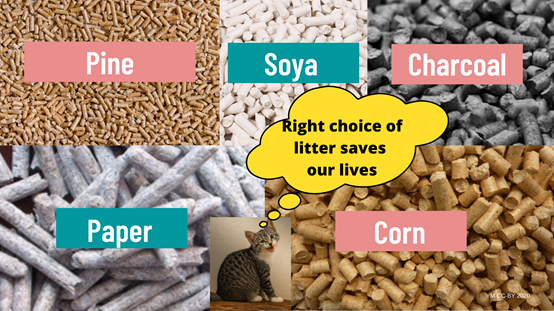
As a cat lover, this has inspired Dr. Yanny to develop a new litter material to save the lives of kittens and cats by applying her expertise in Materials Engineering, particularly in Biomaterials. This new formulation of litter material is based on natural sources from waste material. The idea is to transform these waste materials into a healthier choice of cat litter and affordable by the cat parents. Hopefully, with the use of this purrfect litter material, your kittens and cats will be happy to spend their nine lives with you (of course, with God willing)!



